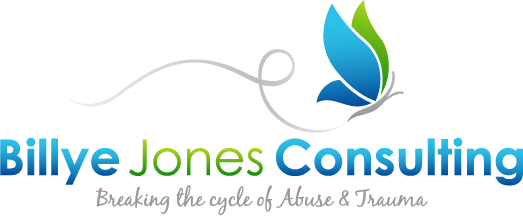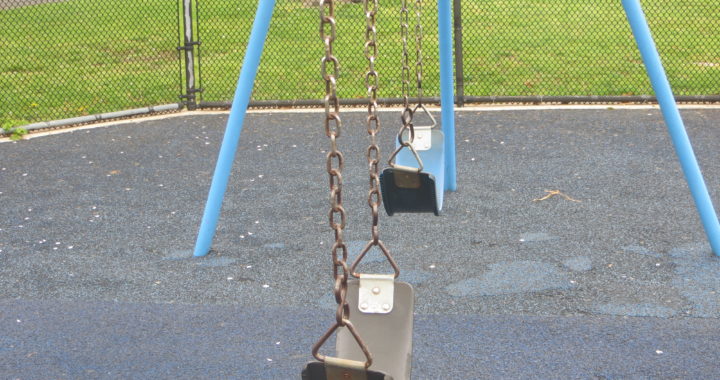Did you know that 40% of perpetrators of Child Sexual Abuse are under the age of 18? Abuse by youth is something we don’t readily acknowledge or talk about, and we often downplay it when we hear about it. Let me be clear – Child Sexual Abuse is a violation and has a long lasting impact regardless of the age or gender of the perpetrator.
The majority of the time it is someone the child knows that has easy access to the child. Since children spend most of their time with other children and youth, the risk can be very high. I also find that we tend to have a high tolerance for abusive behaviors in youth. I often hear people say that “kids will be kids,” or “boys will be boys.” and hormones drive teens. These beliefs shape our attitudes and lead to a culture of acceptance.
Our youth are subject to a high rate of sexual harassment and sexual violence. Why does this happen? Unfortunately there are no easy answers. One thing we must acknowledge is that the behavior of young people reflects what they see and experience. People commonly believe music, television, and popular culture is the problem. My question is, who creates and produces this content—children or adults? These things may be part of the puzzle, but in no way the sole cause.
The other question to ask is what is happening in our homes and communities? What are our children reflecting back to us from these environments? Why are they abusing other children? What are they being exposed to? How are they learning about violence, power and control? Why do some youth feel they can violate others? What are we teaching them about gender, race, and oppression? There is a tendency to blame youth for these behaviors because we don’t want to look at ourselves or hold ourselves accountable.
As I have said before, 1 in 4 girls and 1 in 6 boys will be sexually abused before the age of 18. Some children exposed to abuse may begin acting out these behaviors particularly if they have not received treatment or had adequate interventions. In a lot of ways this makes sense since children and youth learn about and process things through play, acting out, and imitating—especially when there are no words to describe what has happened.
Due to a lack of awareness and tolerance of sexual violence among youth we miss the children who need our help and put more children at risk for being abused. What can we do about this? What are we doing to make our homes and communities safer? What changes can we make?
I’m sorry this post has more questions than answers, but we really need to think about this. What can we do to make a difference? How do we give children the tools to navigate relationships with other children?
Here are some things to think about:
- Begin asking children in your life about their friends and how being with their friends makes them feel,
- Pay attention to children/youth who tend to play with much younger children,
- Allow children to set body boundaries even with older siblings, relatives, and friends,
- Teach your child to respect other people’s boundaries,
- Teach children to play respectfully with other children (no hitting, pushing, punching),
- Do not allow your child to verbally abuse other children,
- Believe children when they tell you something is happening,
- Do not force children to play with anyone who makes them uncomfortable.


Thank you for this important post. I am a therapist and a survivor of childhood sexual abuse. I have seen colleagues ignore and deny abuse among children and I know only too well the profound and lasting effects of the abuse in my own life. I agree that our culture normalizes these behaviors and I know my parents never explored my very visible distress when they would go out and leave my brother in charge. It’s not just friends who threaten our boundaries, it is all too often siblings and other family members who abuse. Teach your children that no one should cross their boundaries on any way and if they try or do, you want to hear about it. We need to stop this in our homes and in our communities and in our culture. Being unsafe in your own home or neighborhood and that being acceptable is a horrible experience and message to give children.
As always, thought provoking and well written
Thank you for reading and supporting this blog!
Thank you for reading the blog and sharing your story. One of the challenges of working to end Child Sexual Abuse is shattering the myths and changing attitudes. There is so much work we need still need to do! I am glad you are working to help people heal.
I’m now age 87. I was sexually abused at about age 10 or 11. Shame kept me silent thru seven years service & six years college education. At age 40 I finally told my sister (one year older). She laughed hilariously. It was years before I ever told anyone else, even psychiatrists.
Thank you for reading the blog and for sharing your experience. I am sorry you weren’t believed when you first told about your abuse. There is nothing worse than being shamed and silenced after finally gathering the courage to tell someone what happened to you. I hope you were able to get the support you needed after you decided to share your story again.